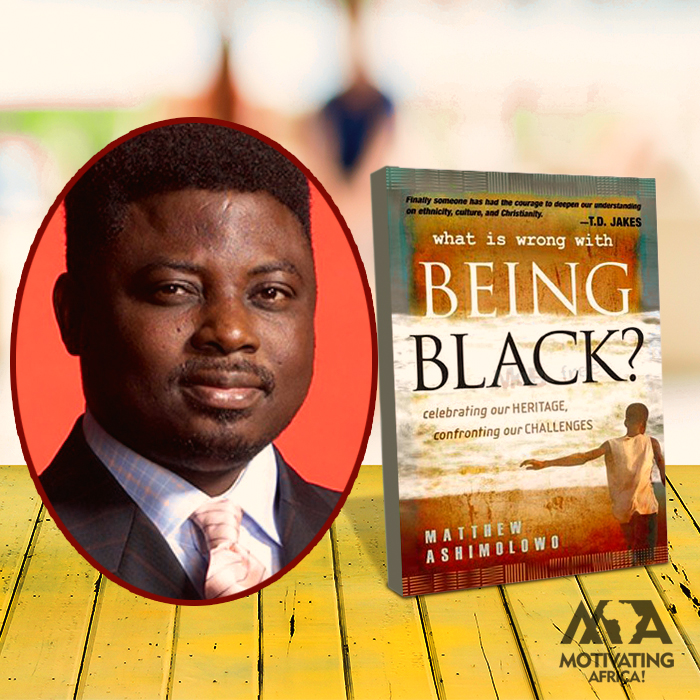There was a night in late January 2016 when I needed to admit I was completely broken. I was suffering from major depression and anxiety attacks. Other than my therapist, I didn’t quite know who, or how, to say it to. Or if I should say anything at all. I had left work for the night and was on my way to my therapist appointment. It took all that I had to make it through that workday. I was going through the motions really — clinging on until I could make it to the therapist office. Medicines my psychiatrist had prescribed for me over the years weren’t working, and I was getting frustrated. I felt hopeless and I needed help.
When I sat down to talk to the therapist, she asked me if things had improved since our last visit. I started to break down and told her things weren’t improving at all. I told her I was getting worse, and barely clinging on. As I was talking to her, I felt like I was admitting defeat. I couldn’t go on anymore, not like this. We talked about whether I needed to go to the emergency room, to possibly be admitted inpatient, or if a partial hospitalization was the way to go. We ultimately decided partial hospitalization was the best choice. In the morning, I would call my HR and go out on medical leave — out of the blue. I was worried what my boss and co-workers would think. I was worried what my husband, my then 12-year-old son, other family members and friends would think.
That night and the following morning became the start of a long “coming out” process for me. Rather than live (or struggle to live) in the shadows, I decided I needed to start to tell people about my condition. At first, I felt like I owed certain people an explanation for my leave of absence. I felt like I owed my husband and my boss reasons as to why I was walking away from my job, at least for the time being. I felt very nervous about the “coming out” process. I knew that there was a stigma attached to mental health.
I started out slow, and small, with telling people about my mental health. Other than letting my husband know the extent of my depression, I felt like I needed to be open and honest with my boss. Thankfully, she was very supportive. I then received a text from a friend/co-worker, asking if everything was okay. I really wanted to tell her what I was going through. But I was afraid of what she would think. I ended up giving a vague answer about starting to get the help I needed and gave her sincere thanks for checking in. I became a little more comfortable talking about my depression and anxiety once I started a partial hospitalization program, Group therapy sessions gave me an opportunity to talk about my feelings in a safe place, with fellow patients who could understand and relate to what I was going through.
While out on leave, I started to “come out” to some more friends and family members. Some of those admissions were in the form of phone calls, others in the form of texts/emails. Some people were very supportive. Others did not respond at all to my texts/emails. Those non-responses stung. I interpreted those non-responses as rejections. In my mind, they thought of me as crazy, weak or lazy. Some of those non-responses were from people I was sure would be supportive – perhaps that’s what stung the most. A pivotal “coming out” conversation for me occurred between myself and a cousin and aunt. By talking with them, I was able to confirm a suspicion I had all along: that mental health issues ran on my Mom’s side of the family. This conversation helped me begin to build a new understanding and framework of who I am. I became inspired to follow certain organizations and advocates on social media. I even started to “like” and “share” some mental health news/columns that were of interest to me.
My leave of absence ultimately lasted three months. Upon my return to work, my co-workers were extremely supportive and welcoming, whether they had an idea as to why I was out on leave or not. I still feel like I have a lot more work to do to be comfortable in my “new normal,” or my new skin. I still feel shy sharing my condition within my personal network. I fear being labeled with stereotypical terms. I’m afraid people won’t be comfortable acknowledging or talking about my conditions. I fear the non-responses, and/or the conversation changes.
As I continue to currently battle depression, my psychiatrist recently recommended Transcranial Magnetic Stimulation (TMS) therapy. The TMS therapy will take me out of work for significant portions of each workday for the next six weeks or so. I would be interested in any feedback anyone has to offer in terms of communicating the need for further care to your work network (boss, co-workers, etc.) I assume co-workers will speculate as to why I disappear for long lunches each workday for the next six weeks. I’m not sure if or how to handle that speculation.
Depression is a common syndrome globally and Africa is not exempted. One in every six Africans suffer from it and unfortunately, the awareness of depression as a real medical condition is low. Signs of an early onset of depression is completely overlooked and it is recognized as an illness only when the condition has deteriorated or become critical. The stigma associated with the illness has also caused some people to ignore the symptoms and avoid seeking medical attention. Most people are not even aware of the illness to recognized the symptoms when exhibited.
Depression is a real medical condition and the stigma is society-driven due to lack of awareness and proper education on the condition.
Reference to the above story, what advice would you give this fellow who is currently battling depression? Share your inspiring opinion, you might be saving a life.
(Source: Andrew Giddings note)


